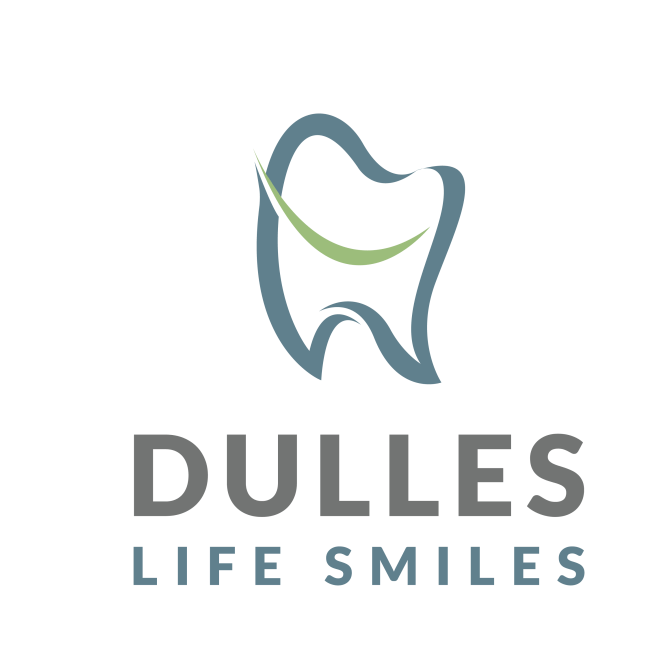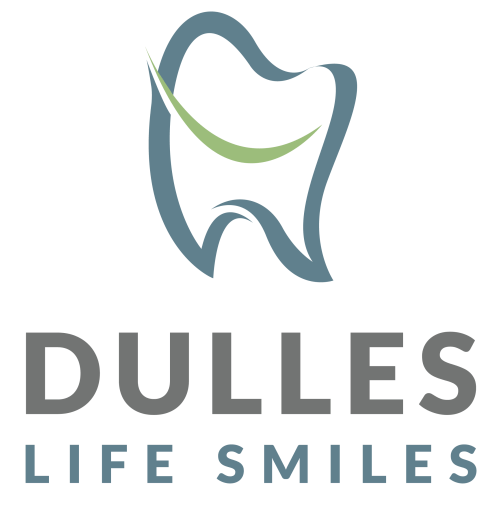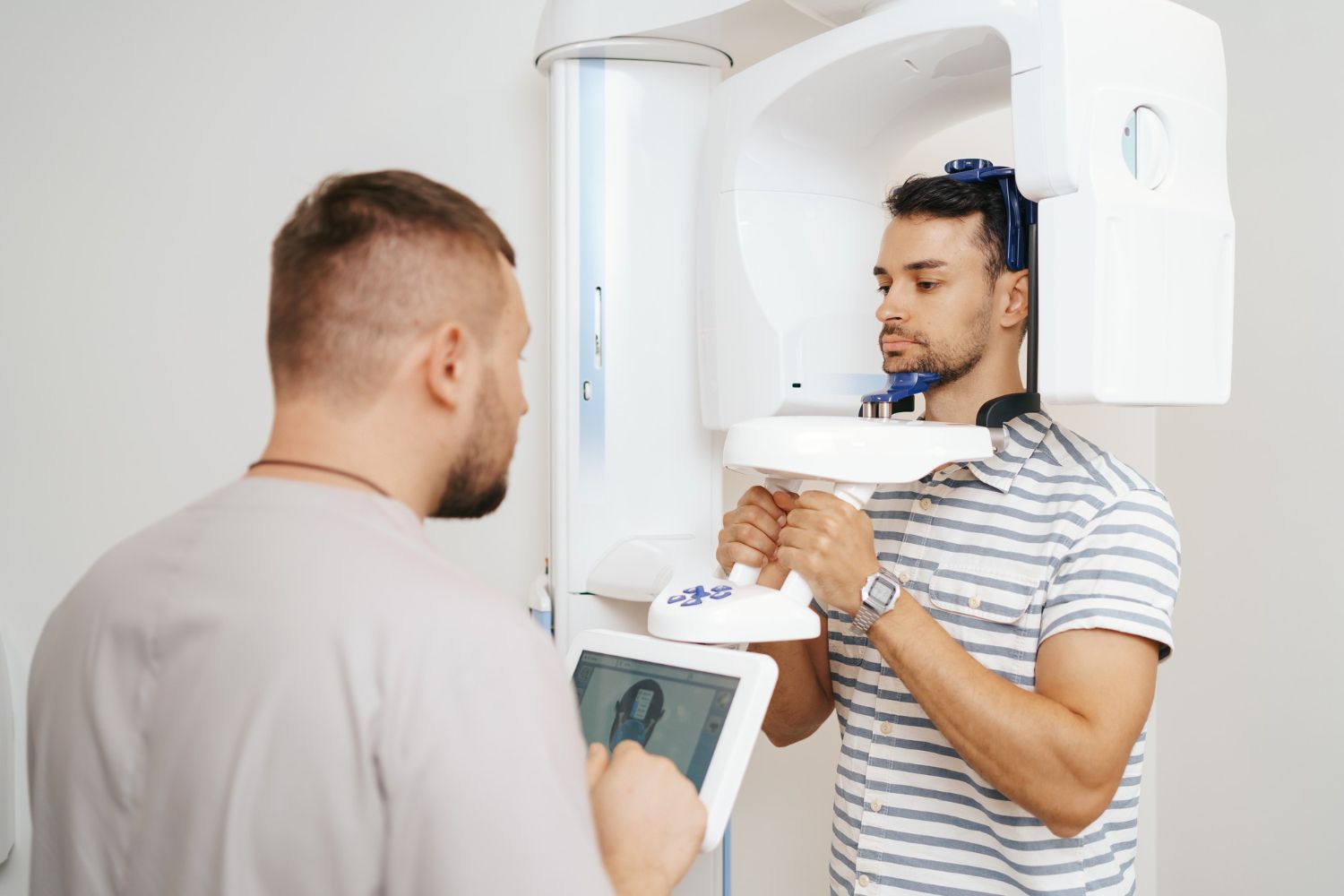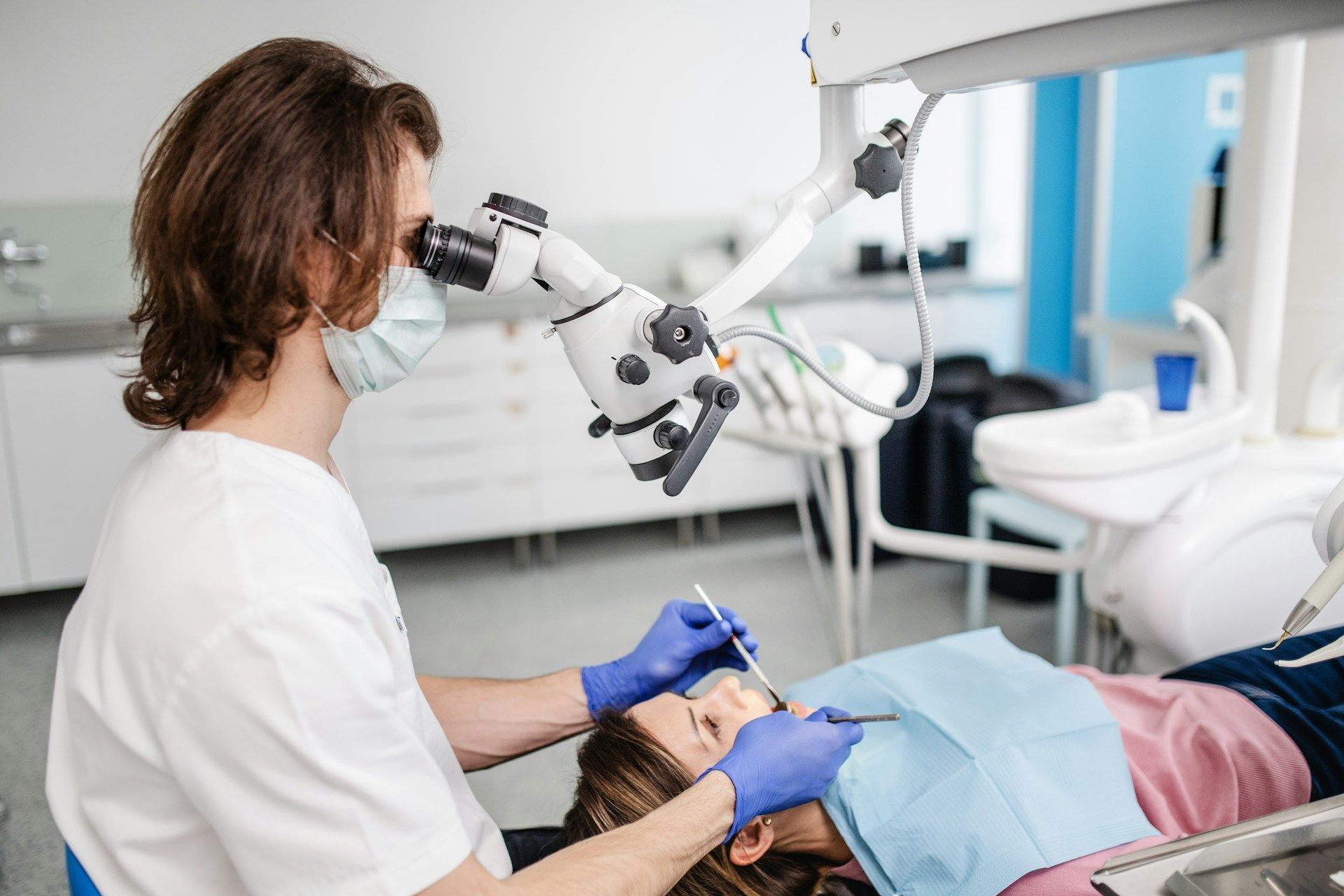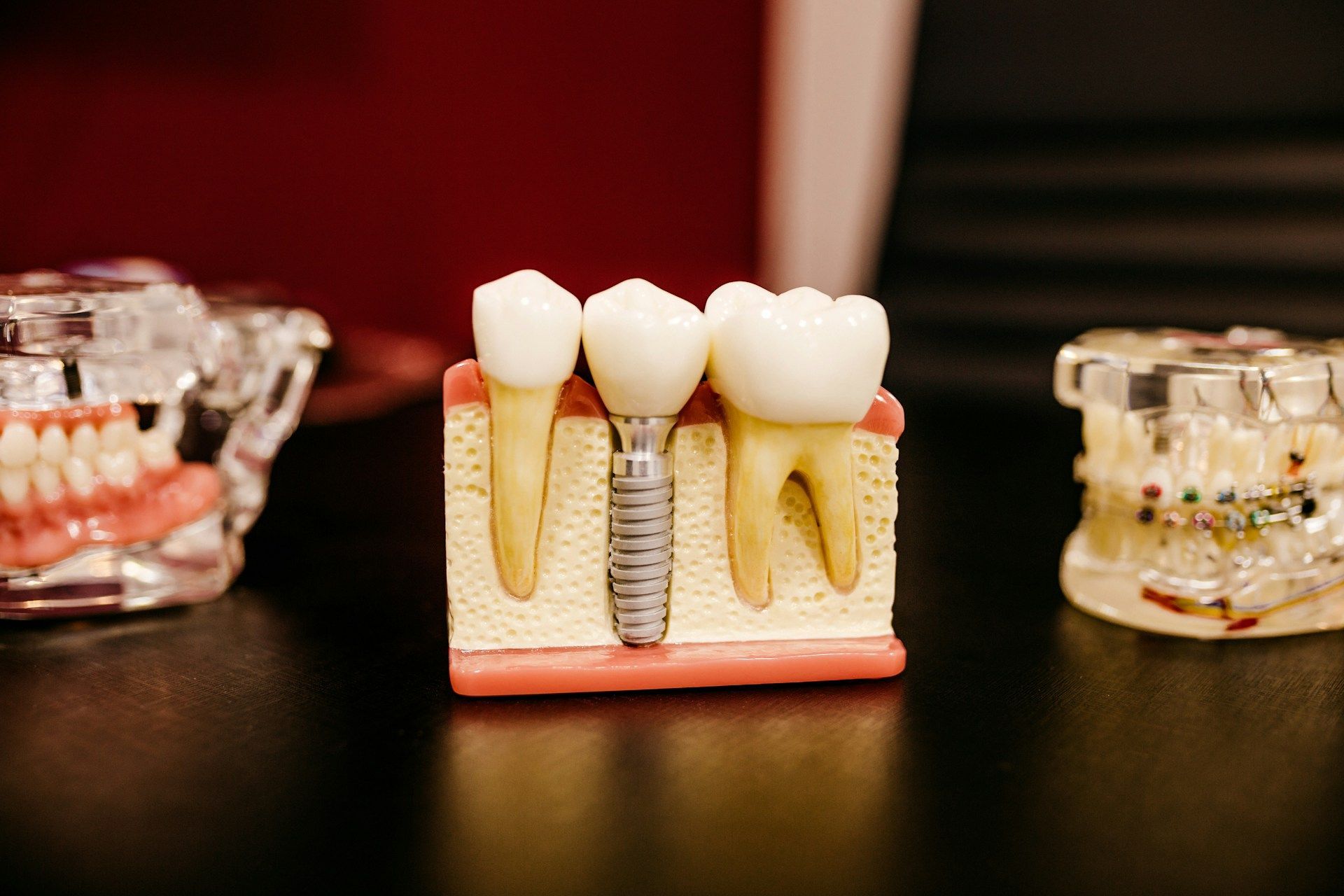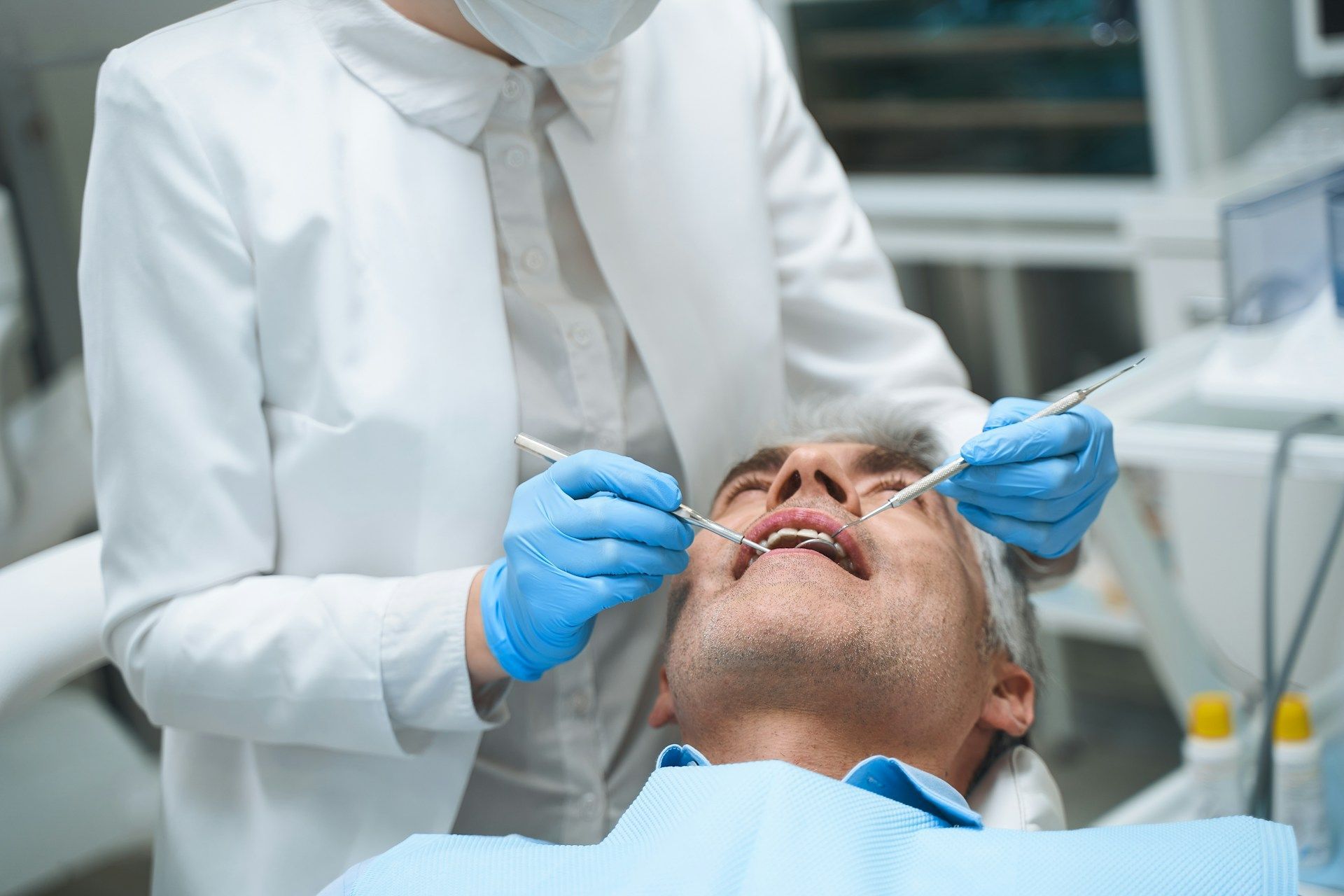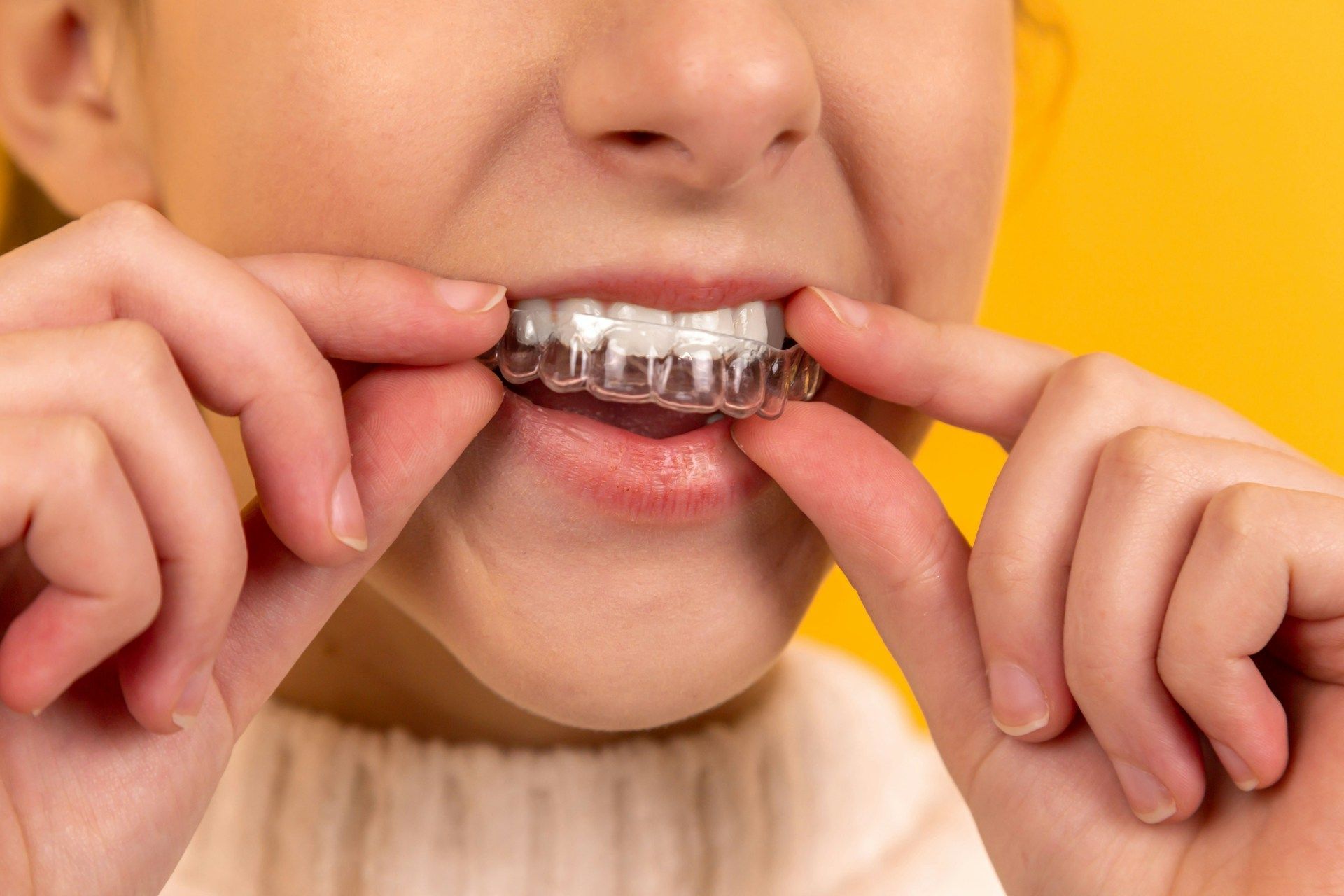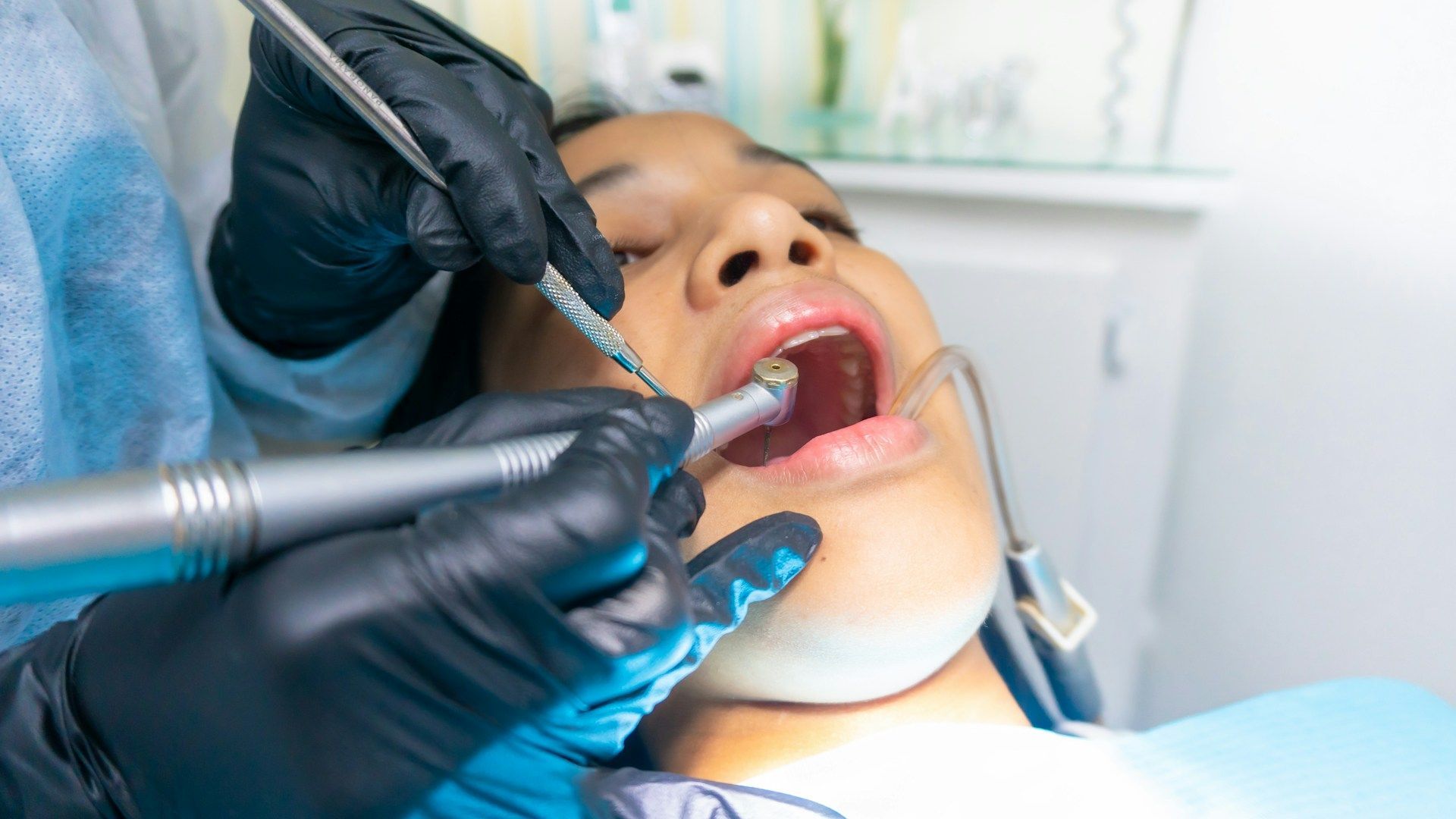Dr. Gino Habla Español
Embracing the Best Practices for Maintaining Healthy Teeth
Keeping your teeth healthy takes more than just regular brushing. Good oral hygiene is all about daily habits combined with the right techniques. When you follow best practices, you can prevent cavities, gum disease, and other dental issues. A bright, healthy smile boosts your confidence and overall well-being.
Proper brushing, flossing, and even your diet all play a role in maintaining dental health. Using the right tools and techniques makes a significant difference. It's not just about how often you brush, but how you do it. Pairing good brushing habits with regular flossing ensures that you reach areas between your teeth where a brush can't.
Regular visits to the dentist are also crucial. Professional cleanings and check-ups help catch problems early before they become serious. By understanding the best ways to care for your teeth, you can keep your smile healthy and bright for years to come. Let's explore these essential practices in detail, so you can make the best choices for your oral health.
Proper Brushing Techniques
Choosing the Right Toothbrush
Choosing the right toothbrush is the first step in proper brushing. Look for a toothbrush with soft bristles. Hard bristles can damage your gums and enamel. A smaller head toothbrush can easily reach all parts of your mouth, especially the back teeth. You might also consider an electric toothbrush. Many find it easier to use and more effective at removing plaque than a manual one. Always replace your toothbrush every three months or when the bristles start to fray.
How to Brush Effectively
Brushing effectively is key to maintaining healthy teeth. Start by holding your toothbrush at a 45-degree angle to your gums. Use gentle circular motions to brush the outer and inner surfaces of the teeth. Be sure to brush for at least two minutes. Don’t forget to clean the chewing surfaces of your molars and your tongue to remove bacteria. Using too much pressure can cause damage, so brush gently. Ensure you spend equal time on each quadrant of your mouth.
Common Brushing Mistakes to Avoid
Avoid common brushing mistakes to make your routine more effective. Brushing too hard can hurt your gums and wear away your enamel. Make sure not to rush; two minutes is the recommended time for effective brushing. Using an old toothbrush is another mistake. Worn-out bristles can’t clean well and may harbor bacteria. Also, avoid storing your toothbrush in a closed container where it can stay damp and grow bacteria. Let it air dry between uses.
Flossing and Other Cleaning Aids
Why Flossing is Essential
Flossing is essential for removing plaque and food particles between your teeth, where your toothbrush can’t reach. Regular flossing helps prevent cavities and gum disease. When left unattended, plaque hardens into tartar, which can only be removed by a dentist. Daily flossing keeps your gums healthy and your breath fresh. Flossing may seem tricky at first, but with practice, it becomes an easy part of your dental routine.
Using Mouthwash and Dental Picks
Mouthwash and dental picks are excellent tools for improving oral hygiene. Mouthwash can reach areas your toothbrush misses and helps kill bacteria, reducing the risk of gum disease and freshening your breath. Dental picks or interdental brushes are useful for cleaning between teeth, especially if you have braces or wide gaps. They’re an excellent alternative if traditional flossing is difficult for you. Use these tools alongside brushing and flossing for comprehensive oral care.
Tips for Effective Flossing
Effective flossing takes a little practice but can make a big difference in your oral health. Start with about 18 inches of floss. Wrap it around your fingers, leaving a few inches to work with. Gently slide the floss between your teeth, curving it into a C shape around each tooth. Move it up and down to remove plaque. Do not snap the floss against your gums, as this can cause injury. Be sure to use a clean section of floss for each tooth to avoid spreading bacteria.
Healthy Eating Habits for Teeth
Foods That Strengthen Teeth
What you eat has a big impact on your dental health. Certain foods can strengthen your teeth and gums. Dairy products like milk, cheese, and yogurt are rich in calcium, which is essential for strong teeth. Leafy greens such as kale and spinach also provide vitamins and minerals that promote good oral health. Crunchy fruits and vegetables, like apples and carrots, can help clean your teeth and gums by increasing saliva flow, which washes away food particles and bacteria.
Harmful Foods and Drinks to Avoid
It’s just as important to avoid foods and drinks that harm your teeth. Sugary snacks and drinks, like candy and soda, are some of the worst offenders. They feed bacteria that produce acids, which wear down your tooth enamel and cause cavities. Acidic foods and drinks, such as citrus fruits and sports drinks, can also erode enamel if consumed in excess. Limit snacking throughout the day, as it keeps your teeth under constant attack from sugars and acids.
Importance of Hydration
Staying hydrated is crucial for your overall health and your dental health. Drinking plenty of water helps wash away food particles and bacteria in your mouth. It also helps keep your saliva levels high, and saliva is a natural defense against tooth decay. Choose water over sugary or acidic drinks to keep your teeth strong and healthy. Fluoridated water is even better because it helps to strengthen your tooth enamel.
Regular Dental Check-Ups
Frequency of Dental Visits
Seeing your dentist regularly is an important part of maintaining healthy teeth. Most dental professionals recommend a check-up every six months. Regular visits help catch potential problems early, making them easier to treat. If you have any existing dental issues, such as gum disease or a history of cavities, your dentist may suggest more frequent visits. Keeping up with these appointments is a key part of preventive care.
What to Expect During a Check-Up
Knowing what to expect during a dental check-up can make the experience less intimidating. They will take X-rays and photos to get a closer look at what’s happening beneath the surface. The dentist will examine your teeth and gums for any signs of gum disease, decay or bite issues.
Importance of Professional Cleanings
Professional cleanings are more thorough than anything you can do at home. Dental hygienists use specialized tools to remove plaque and tartar, which prevents gum disease and cavities. Periodic cleanings also help keep your breath fresh and your smile bright. They give your dentist a chance to monitor your dental health and catch any problems early. Following up with professional cleanings is essential for maintaining good oral hygiene.
Conclusion
Maintaining healthy teeth involves more than just brushing. It’s a combination of good daily habits, the right tools, and regular dental visits. By choosing the right toothbrush, brushing and flossing correctly, eating a balanced diet, and visiting your dentist regularly, you can keep your smile healthy and bright. Hydration and professional cleanings are also crucial parts of dental care. All these steps work together to protect your teeth and gums from problems.
A healthy smile boosts your confidence and improves your overall well-being. It’s never too late to start taking better care of your teeth. Whether you’re making changes to your brushing technique, adding more tooth-friendly foods to your diet, or scheduling regular dental check-ups, every step counts. The effort you put into your dental health today will pay off in the long run.
Ready to take the next step in your oral health journey? Schedule an appointment with Dulles Life Smiles today and let our dentist in Ashburn help you maintain that beautiful, healthy smile you deserve.


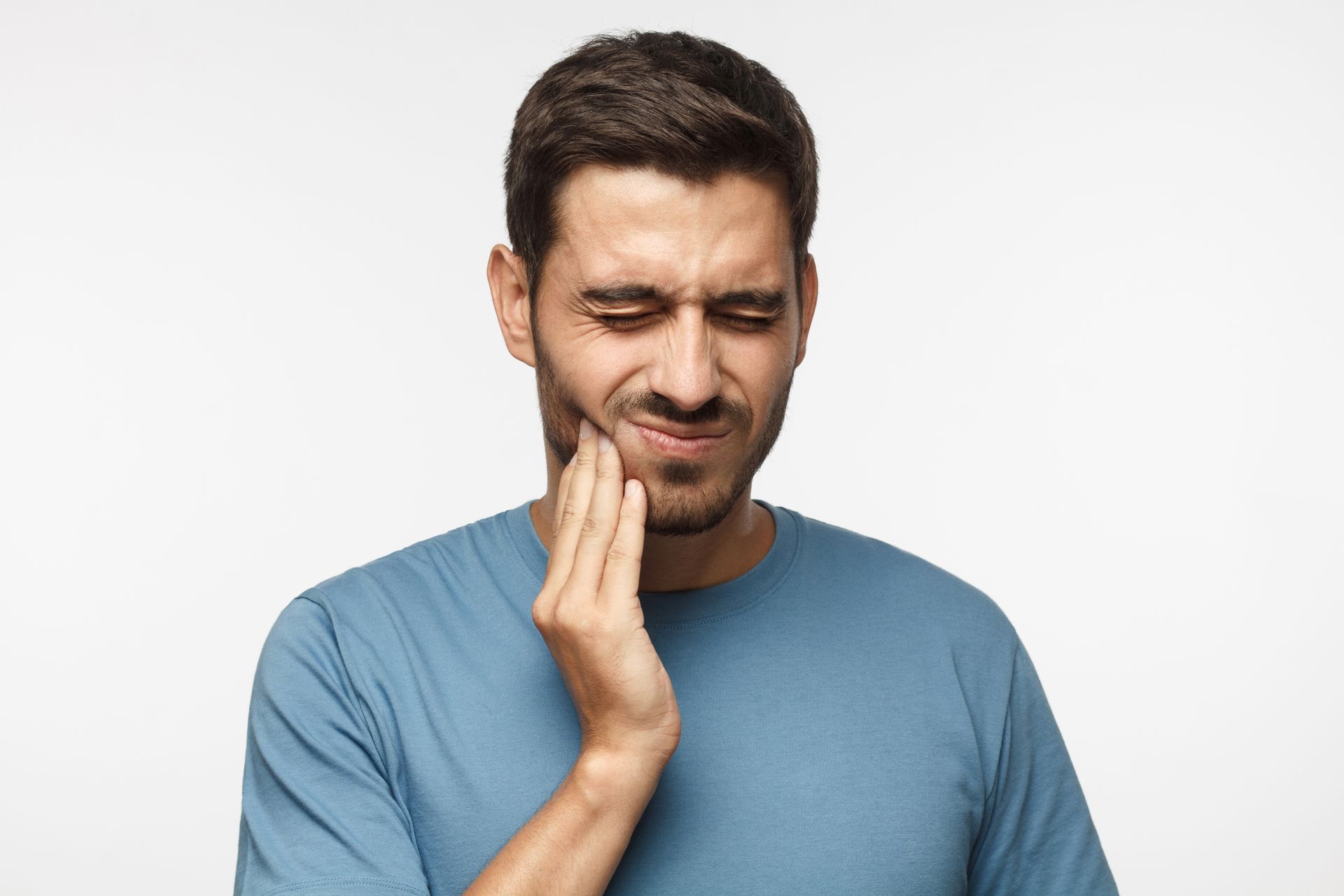
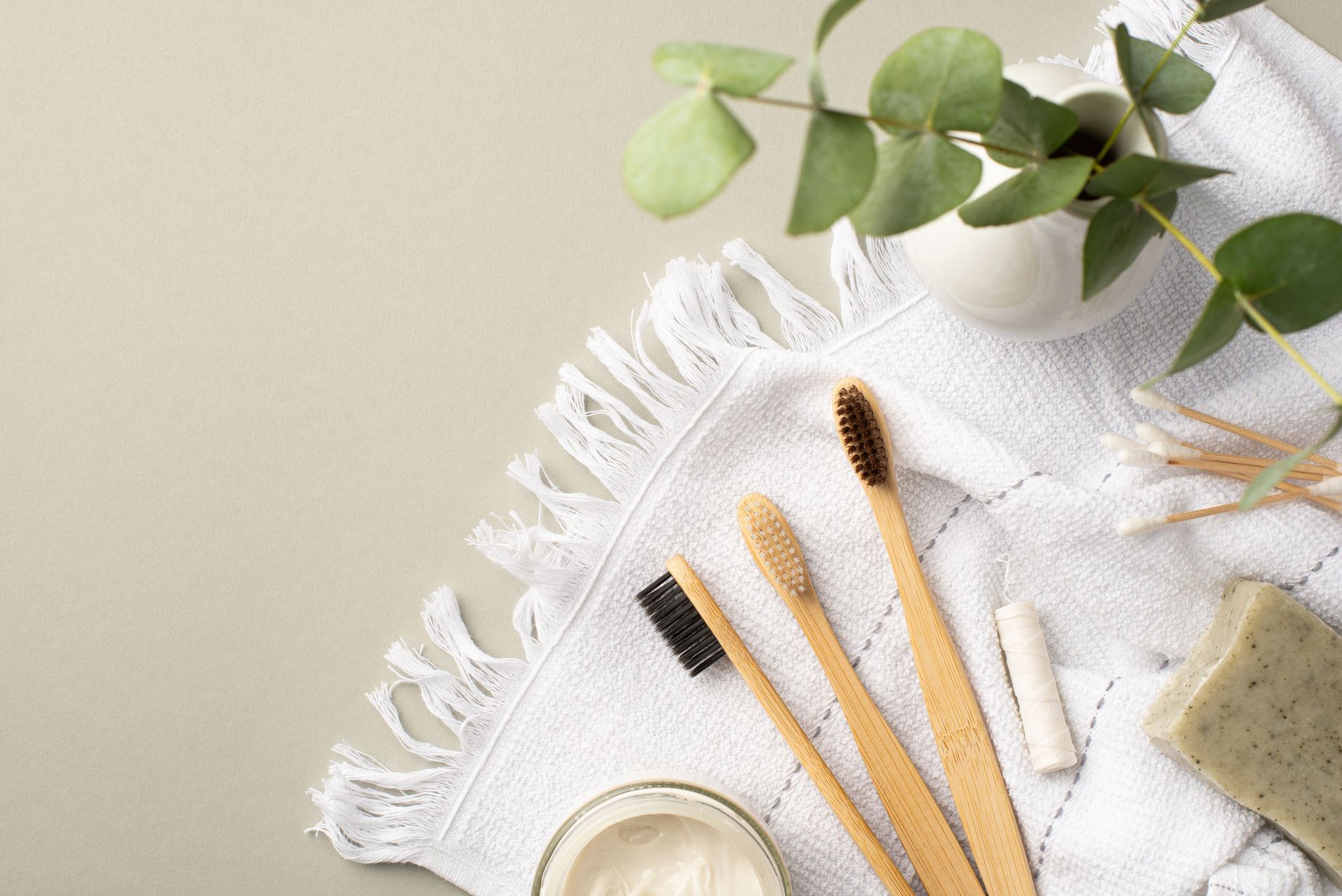
CONTACT
CONTACT US TO SCHEDULE YOUR APPOINTMENT TODAY!
Business Hours
- Mon, Tue, Thu
- -
- Wednesday
- -
- Friday
- -
- Sat - Sun
- Closed
DR. GINO HABLA ESPAÑOL
CONTACT
CONTACT US TO SCHEDULE YOUR APPOINTMENT TODAY!
22420 Flagstaff Plz # 150 Ashburn, VA 20148
Thanks for choosing us as your preferred dentist in Ashburn, VA
Follow Us On Social Media
All Rights Reserved
Dentist Websites by Energize Group
